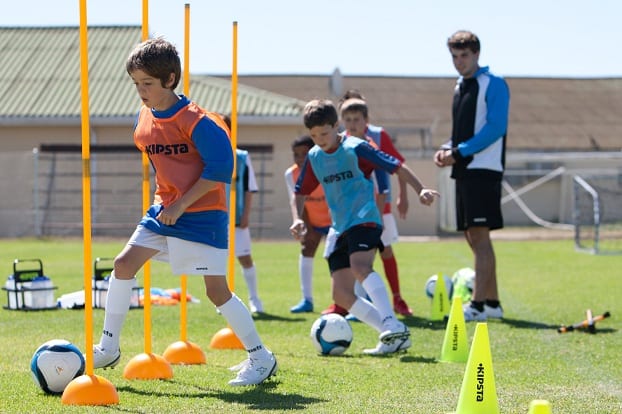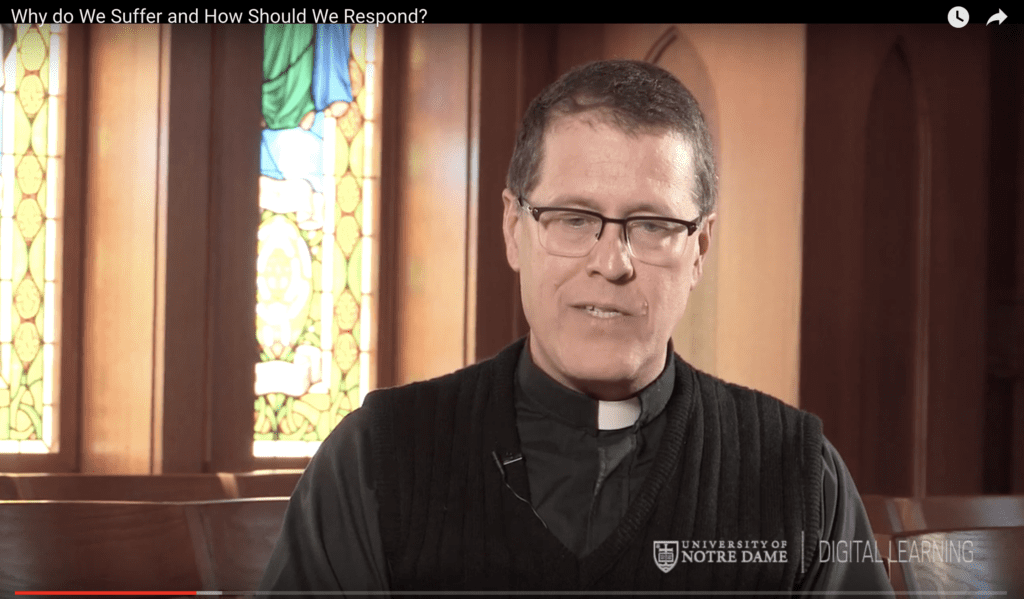Part 3: Moral Role Models

Good lives are led by good people. In this part, we discuss how you can use relationships with moral role models to evaluate and improve your life.
Lecture 3: What Can We Learn from Role Models?
Presented by Meghan Sullivan
Mentors, coaches, and role models can teach us how to play a sport or instrument, execute a perfect business deal, or pursue any number of goals more effectively. In this lecture, Meghan explores the Aristotelian idea that role models can also help us answer the question of what makes a life good.
Mastering the Art of Living Well
Presented by Paul Blaschko

One of the biggest themes running through Aristotle’s writings is that learning to live well is more like learning to play a sport or an instrument than it is like learning algebra. For Aristotle, life experience is crucial to thinking about ethics. And becoming virtuous requires practice, coaching, and, eventually, field tests in the real world.
An Aristotelian moral role model, then, is not someone who can just lecture you about what’s good, but someone who can coach you. Role models will function more moral mentors or advisory boards. They’ll listen carefully and attentively to the way you think about your life and actions, and they’ll offer advice about strategies and techniques that you can try on for size.
This is why Aristotle thought that the best role models will have lots of experience in the art of living well. And that it is important to preserve their wisdom for future generations. In today’s discussion, you’ll be encouraged to think about the good life in these terms. And in the activity, you’ll be challenged to identify one or two role models that have, or could, coach or mentor you in your goal of living a good life.
Case Study: Exemplary Biographies
Presented by Meghan Sullivan
We can learn a lot about what makes a life good by considering different lives in their entirety. In this video, Meghan sketches and considers several lives characterized by very different commitments and values, and asks what we can learn from each about living well.
Activity: Interview a Moral Hero
Presented by Paul Blaschko
If moral role models can play the role of coaches or mentors in helping us live good lives, it’s important to seek out their input and advice. This week, we encourage you to think about how your role models can help you live a good life, and about how you might play that role for future generations. The worksheet provides you some ideas on how to do this (full color or printer-friendly).
Additional Resources
Readings:
- An accessible essay on Aristotle and education from one of the leading scholar’s on ancient philosophy.



